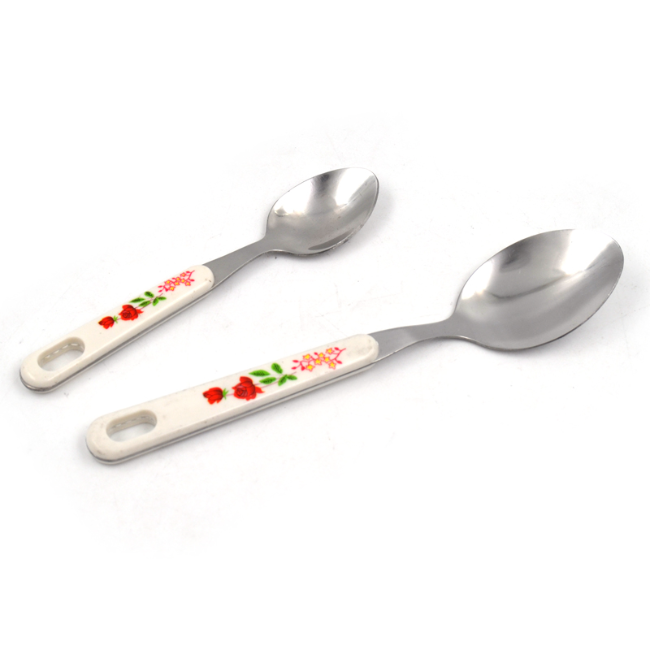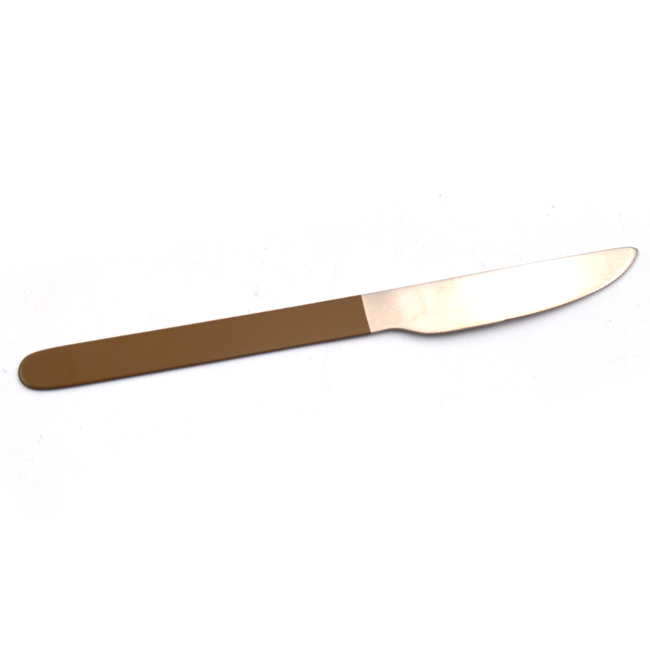
27 May
A Spoonful of Learning?
A Spoonful of Learning?When we think of ...
A Spoonful of Learning?
When we think of spoons, we often picture them in the context of meals: stirring, serving, or eating. However, spoons have a long history beyond just being eating utensils. In fact, spoons have become symbols of learning, creativity, and cultural exchange. In this article, we will explore how spoons have been used as tools for learning and education, drawing inspiration from the unique functions of spoons and their ability to bring people together. We’ll also look at how businesses like Homefelt continue to elevate the design of spoons to enhance our daily routines.
1. The Educational Value of a Spoon
A spoonful of learning refers to the idea that every small piece of knowledge or skill acquired can lead to greater understanding and mastery. Just as a spoon is used to consume nourishment, knowledge can be consumed in small, digestible portions that contribute to our intellectual growth. The restaurant spoon—used in fine dining settings—might not seem like a tool for learning at first glance, but it carries with it an entire cultural tradition, as well as a lesson in etiquette, craftsmanship, and history.
When children learn to use a spoon, they also learn the concepts of balance, precision, and coordination. The simple act of learning to use a spoon can be seen as a metaphor for the process of acquiring new skills—taking small steps, practicing, and mastering an essential part of our daily routines.
2. Preservers of Knowledge: How Spoons Contribute to Tradition
In many cultures, spoons have been used to preserve and pass down traditions. For instance, American spoon gift baskets are popular items for celebrations and holidays, often containing handcrafted spoons that represent family traditions and heritage. These spoons are more than just tools for eating—they are symbols of family connections and cultural pride.
Much like how a preserver helps keep food fresh, spoons help preserve cultural knowledge. From the design of utensils to the preparation of meals, spoons play a key role in maintaining the customs that define different regions. Whether it’s a restaurant spoon used in upscale dining or a simple wooden spoon used in home kitchens, these tools are part of a larger narrative about culture and community.
3. Spoonfuls of Knowledge: Learning with Every Bite
In the kitchen, spoons are used to taste and adjust flavors, which mirrors the learning process in education. Just as a restaurant spoon might be used to sample a dish before it’s served to guests, learning is about tasting new information and determining how to apply it effectively. The process of trying, adjusting, and refining knowledge is akin to the way a spoon is used to perfect a dish.
At Homefelt, the craftsmanship behind spoons isn’t just about functionality—it’s about creating a product that enhances every moment, including the moments of learning that take place in the kitchen, around the dining table, or even in the classroom.
4. American Spoon Recipes: A Lesson in Culinary History
One of the most popular uses for spoons is when preparing American spoon recipes—classic dishes like soups, stews, or jams that are passed down through generations. The American spoon not only serves as a tool for preparing and serving food, but it also represents the history of American cuisine. As people learn to cook and share recipes, they pass down knowledge through the generations, much like the way a spoon is passed from one person to another.
For those who are passionate about culinary history, learning to use specific spoons for specific tasks, like making jam or preparing meals, can be an educational experience in itself. Spoons are used to measure, stir, and serve, playing an integral role in the preservation and sharing of food traditions.
5. The Future of Learning with Spoons
Looking ahead, spoons will continue to play an essential role in our daily lives. Whether you’re enjoying a meal or exploring new knowledge, spoons will be there to guide us. Homefelt's dedication to quality ensures that their spoons will remain a key part of educational experiences, whether in the kitchen or beyond.





